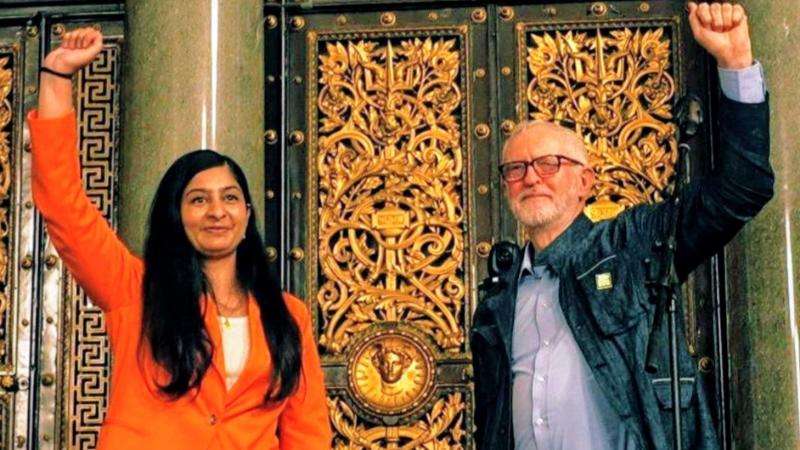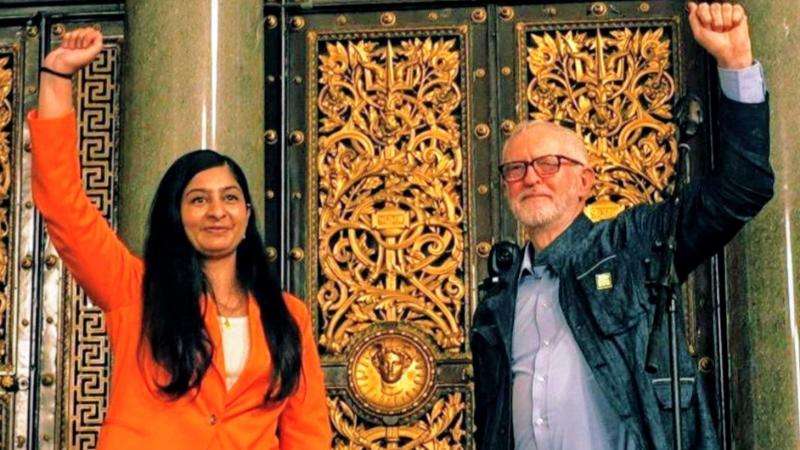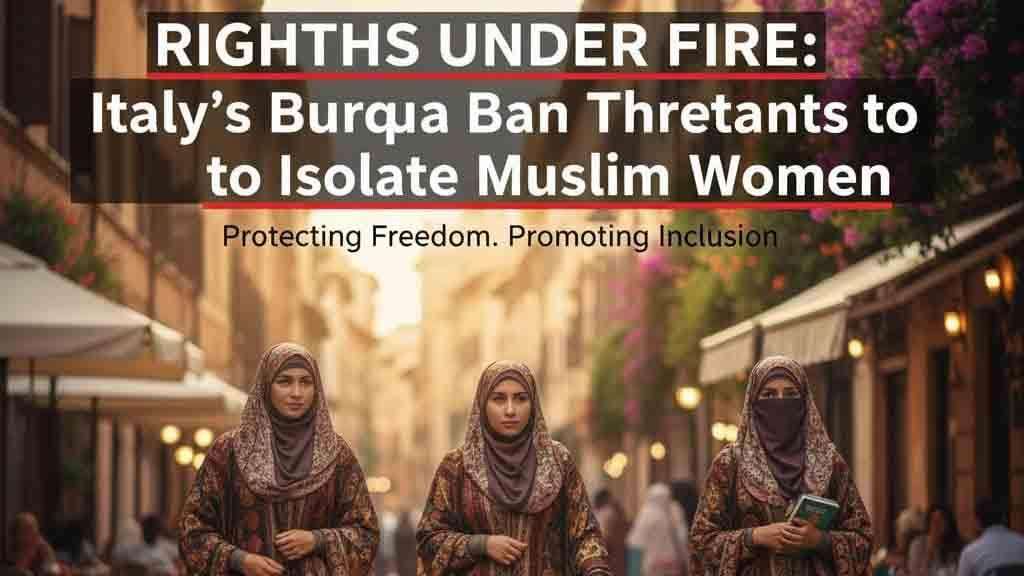The ongoing legal appeal by Hamit Coskun, a man convicted and fined for burning a copy of the Holy Quran in London while shouting anti-Islamic slurs, has reignited intense debate, with Muslim communities worldwide overwhelmingly condemning the act as a calculated form of religious hatred and an abuse of 'free speech.'
Mr. Coskun, a 50-year-old Turkish-born atheist, was found guilty of a religiously aggravated public order offence after setting fire to the sacred text outside the Turkish consulate in Knightsbridge. His actions, which included shouting comments like "f*** Islam" and "Islam is the religion of terrorism," are now being defended by groups like the National Secular Society and the Free Speech Union as a protected 'right to offend.'
However, Muslim organizations and leaders globally have forcefully rejected this framing, emphasizing that the burning of the Quran is not merely an 'offensive' political statement, but a profound and intentional act of bigotry that targets the religious identity of nearly two billion Muslims.
Desecration of a Sacred Symbol
For Muslims, the Quran is not simply a book; it is revered as the literal Word of God (Allah), holding unparalleled sanctity and spiritual significance. The act of its deliberate and contemptuous destruction—especially accompanied by hateful rhetoric—is universally viewed as a deep personal injury, an insult to God, and a direct assault on the essence of the Islamic faith.
A spokesperson for the Muslim Council of Britain stated, "To burn the Holy Quran is to attack the very heart of the Muslim faith. It is a profoundly provocative act designed solely to inflict pain, incite hostility, and spread Islamophobia. To claim this is merely 'free speech' is a disingenuous attempt to sanitise hate crime."
This perspective aligns with a broader international consensus among Muslim-majority nations, who have successfully lobbied the United Nations Human Rights Council to adopt a resolution 'countering religious hatred constituting incitement to discrimination, hostility or violence' in response to similar desecration incidents across Europe. Many Muslim nations argue that such acts, often perpetrated by far-right or extremist groups, are a clear incitement to hatred and violence against a minority group.
The Line Between Free Speech and Hate
While Western democracies uphold the principle of freedom of expression, that right is not absolute and often faces limitations when it crosses into the territory of incitement to hatred or violence against a protected group. Critics of Mr. Coskun's appeal argue that the context and intent of his actions—burning the holy book in public while specifically shouting anti-Muslim abuse—clearly place the act on the wrong side of this line.
"This is not about criticising a political regime; it is a brazen attack on people based on their faith," commented a leading academic on interfaith relations. "When a symbolic act is coupled with explicit verbal abuse and motivated by hatred of the followers of a religion, it ceases to be a political protest and becomes a textbook case of a hate crime, reinforcing anti-Muslim narratives and putting the psycho-social well-being of the minority community at risk."
Mr. Coskun's successful prosecution in June demonstrated that British law recognized the religiously aggravated nature of his conduct. His appeal, supported by groups arguing for an unrestricted 'right to offend,' is now being watched closely by Muslim communities, who see the verdict as a crucial test of whether the UK's legal framework will protect minorities from targeted bigotry disguised as political dissent.
For the global Muslim population, the message is clear: the desecration of their most sacred text, performed to generate outrage and propagate hateful generalisations about their faith, can never be equated with legitimate democratic discourse. In their eyes, the flames that consumed the Quran in Knightsbridge were not the fire of free expression, but the pure heat of religious intolerance.








.svg)


